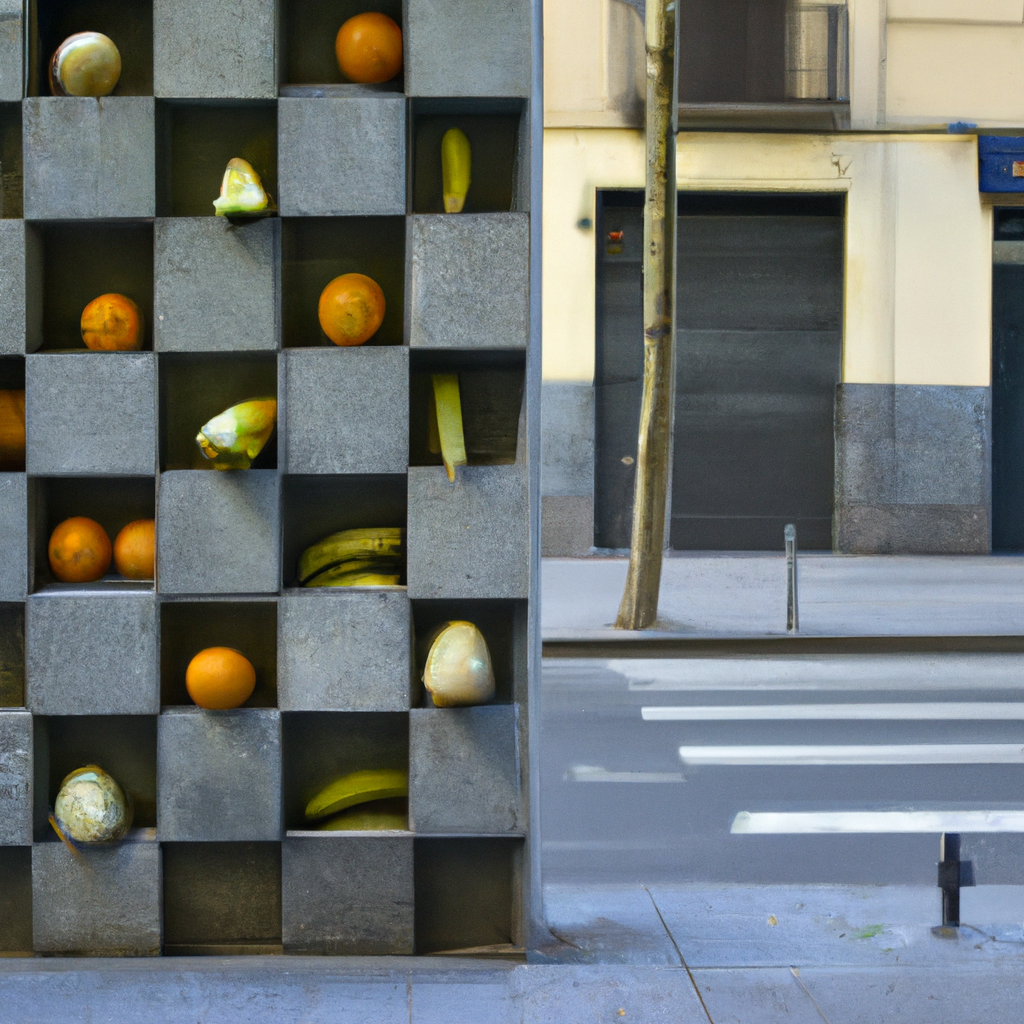Urban Farming: Growing Food in the City

Introduction
Urban farming is becoming increasingly popular as a means of addressing food security, climate change, and urbanization. There are various ways to practice urban farming, including rooftop gardens, community gardens, vertical farming, and aquaponics. This article explores the benefits of urban farming and highlights some successful urban farming projects from around the world.
Benefits of Urban Farming
It provides several benefits, including the following:
Increased access to fresh and healthy food
Urban farming provides city residents with fresh and healthy produce, reducing the need for long-distance transportation and refrigeration. This reduces food waste and contributes to a more sustainable food system.
Reduced carbon footprint
Growing food locally reduces the carbon footprint associated with transportation and refrigeration, leading to a more sustainable food system. This is important for mitigating the effects of climate change.
Improved community health and wellbeing
Urban farming can improve the physical and mental health of city residents by providing opportunities for exercise, social interaction, and access to nature. This is important for improving overall quality of life.
Improved urban ecology
Also it can help to create more biodiverse urban ecosystems, supporting a range of plant and animal species. This can help to address issues such as habitat loss and declining biodiversity.
Examples of Successful Urban Farming Projects
Here are some successful urban farming projects from around the world:
Brooklyn Grange
Located on two rooftops in New York City, Brooklyn Grange is the largest rooftop farm in the world. It produces over 50,000 pounds of organic produce each year and hosts educational programs and community events.
Growing Underground
Located in an abandoned World War II bomb shelter in London, Growing Underground is a hydroponic farm that uses LED lighting and recycled water to grow a variety of herbs and vegetables. It provides fresh produce to local restaurants and grocery stores.
City Farm
City Farm is a community garden located in Chicago, Illinois. It provides a space for community members to grow their own produce, learn about gardening, and participate in community events. It also hosts educational programs for local schools and organizations.
Akron Grows
Akron Grows is a community gardening program located in Akron, Ohio. It provides resources and support for community members to start and maintain their own gardens, promoting local food production and community engagement.
Conclusion
Urban farming provides numerous benefits for city residents, including increased access to fresh and healthy food, reduced carbon footprint, improved community health and wellbeing, and improved urban ecology. The success of urban farming projects around the world demonstrates the potential of this practice to create more sustainable and resilient cities.





